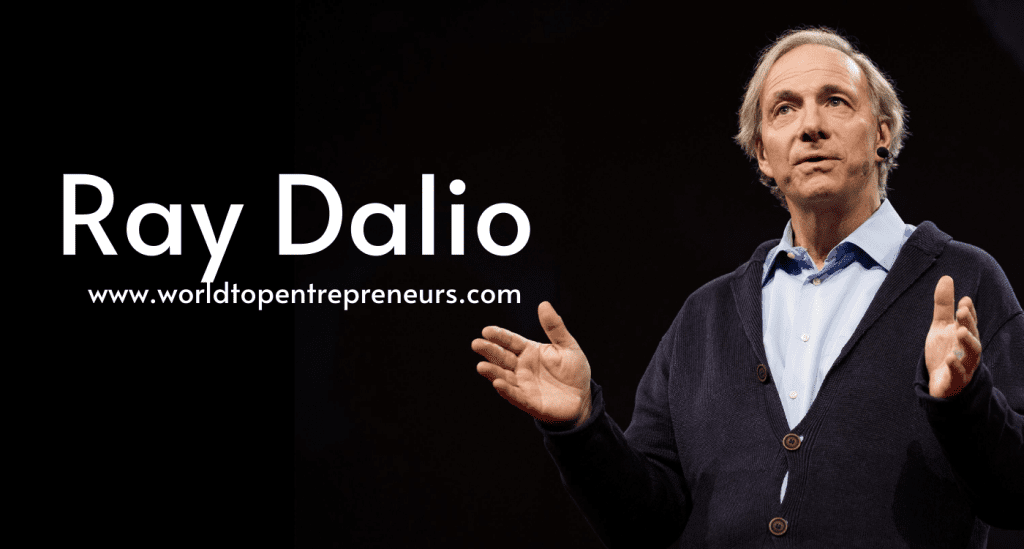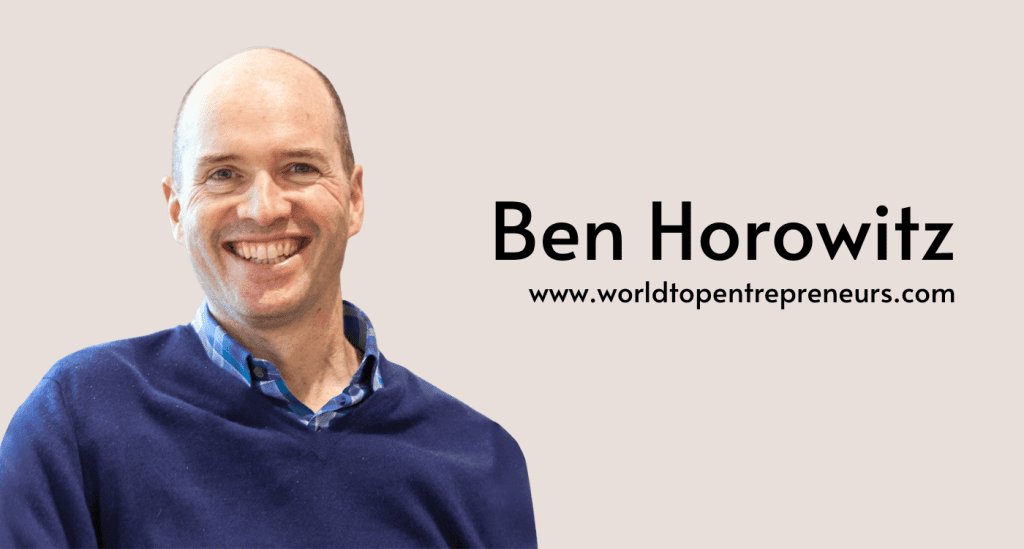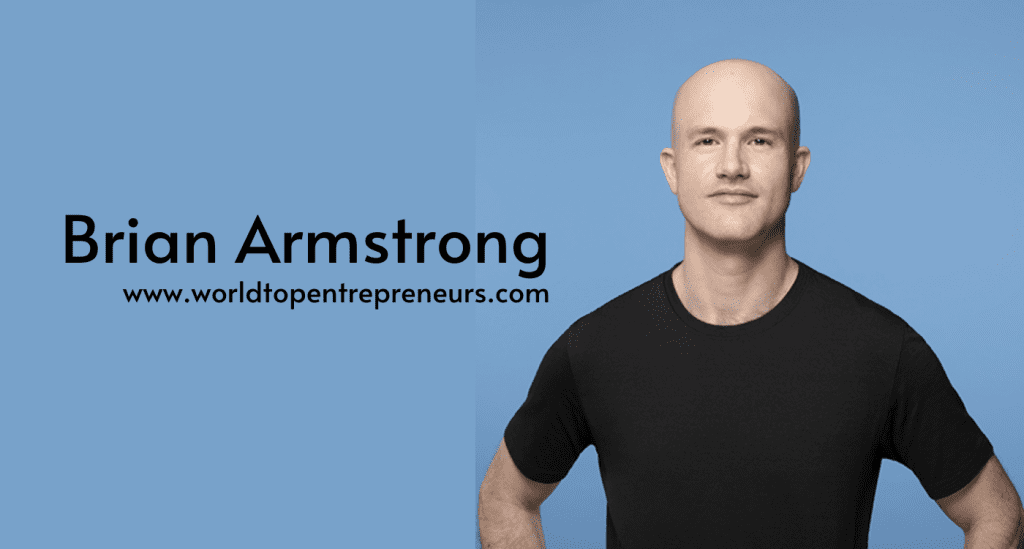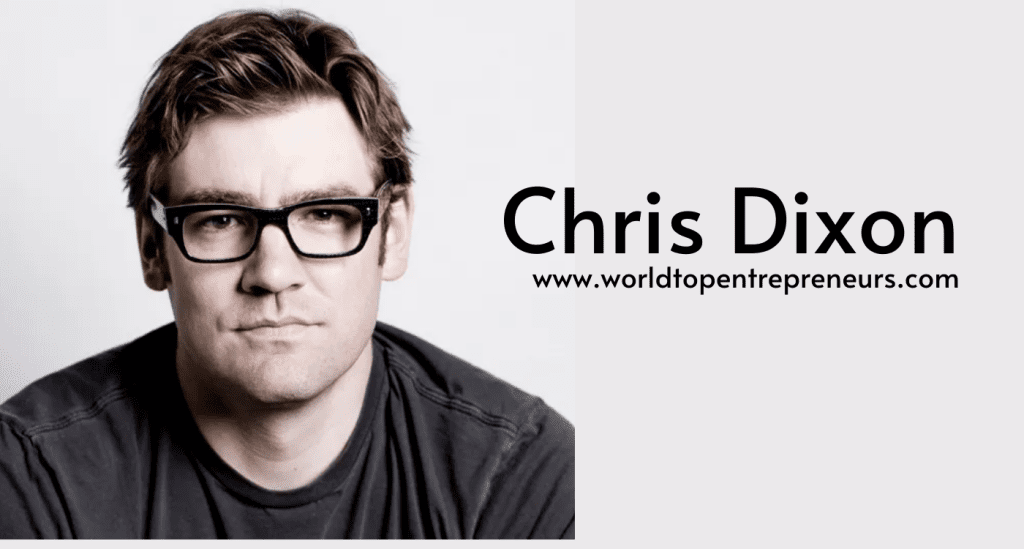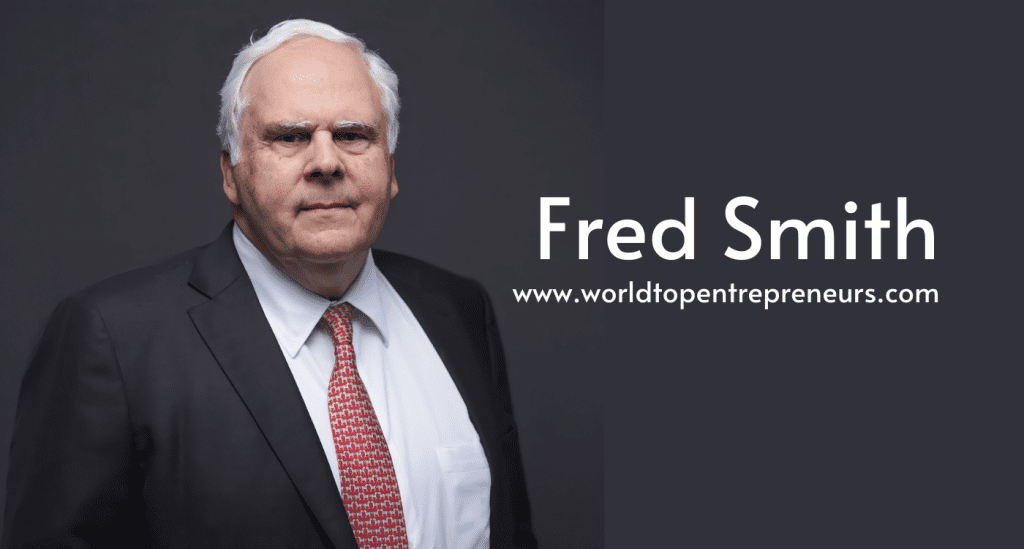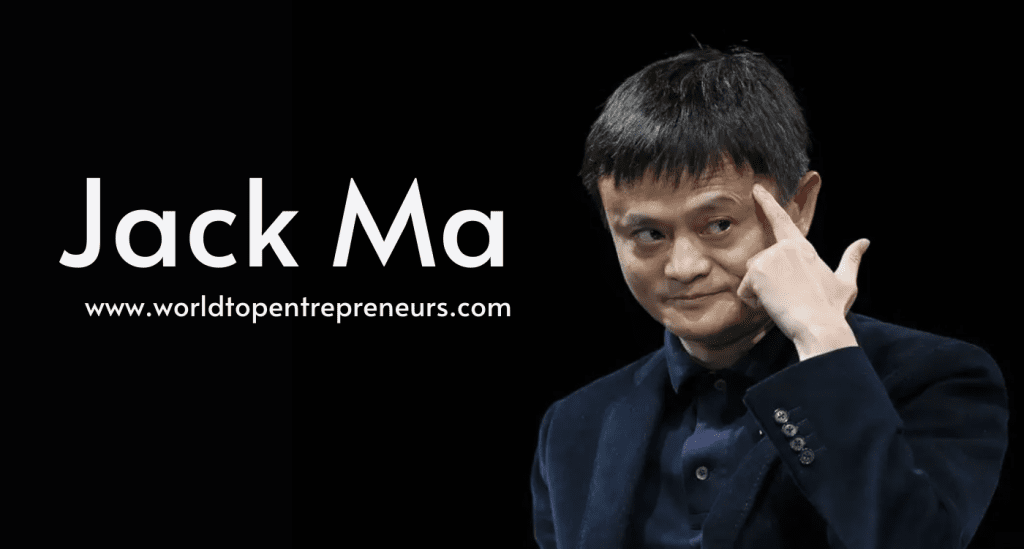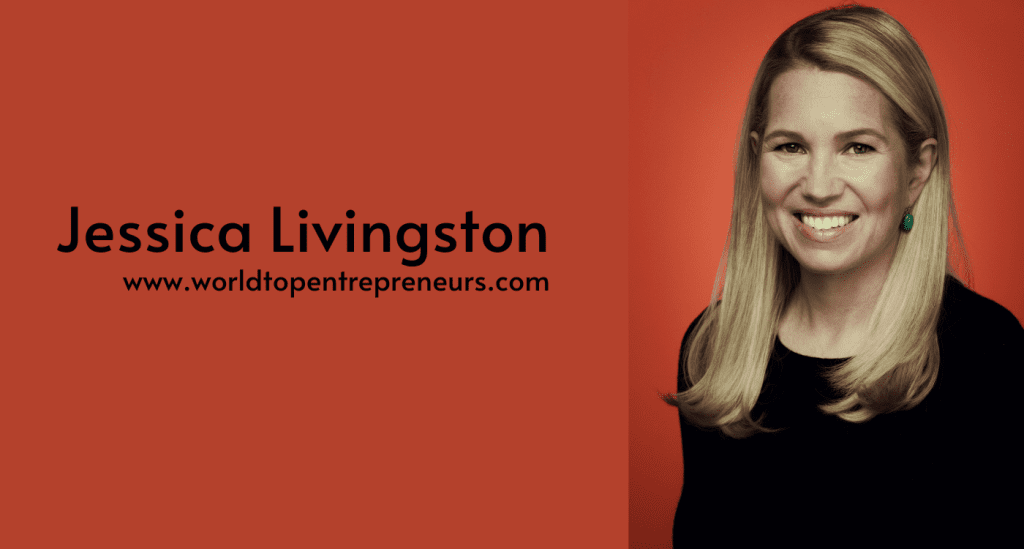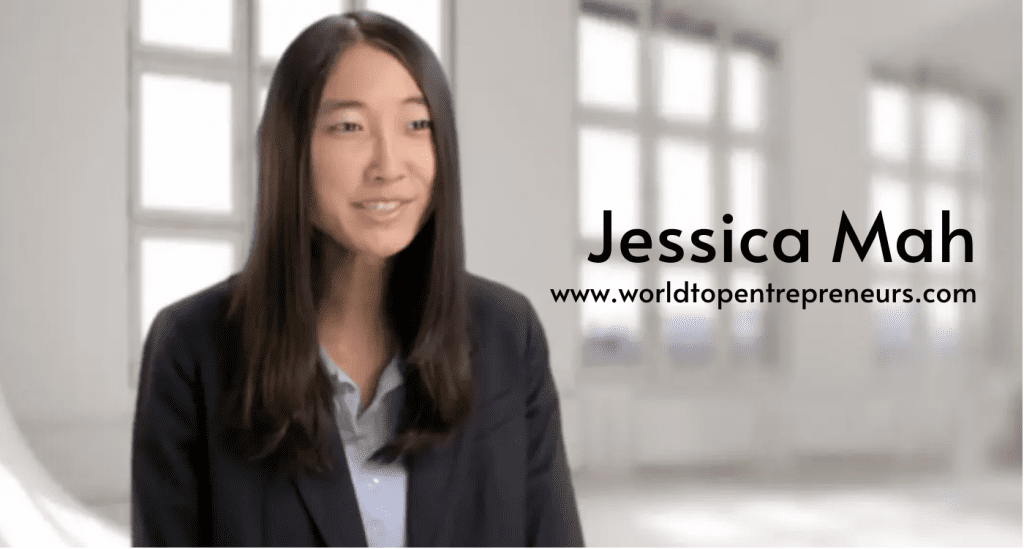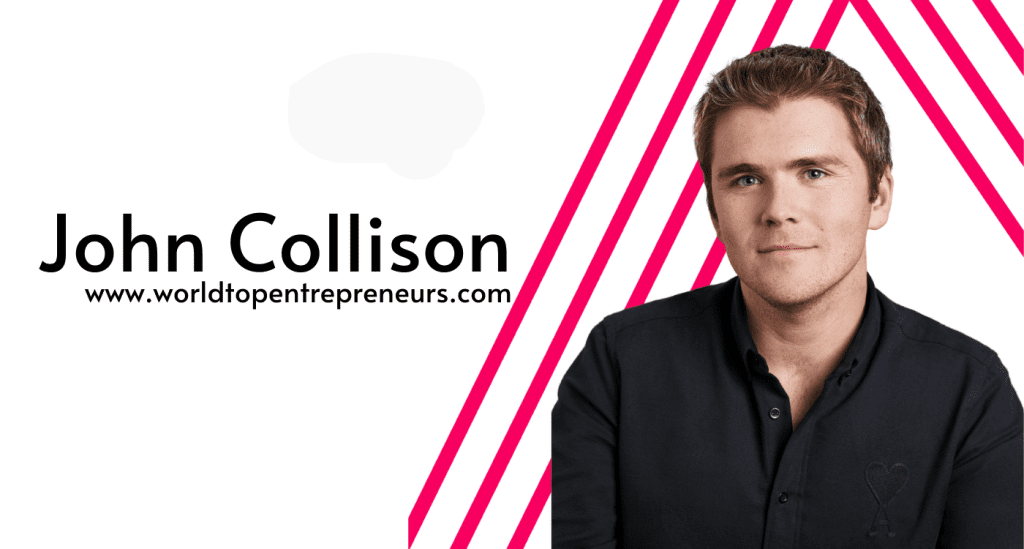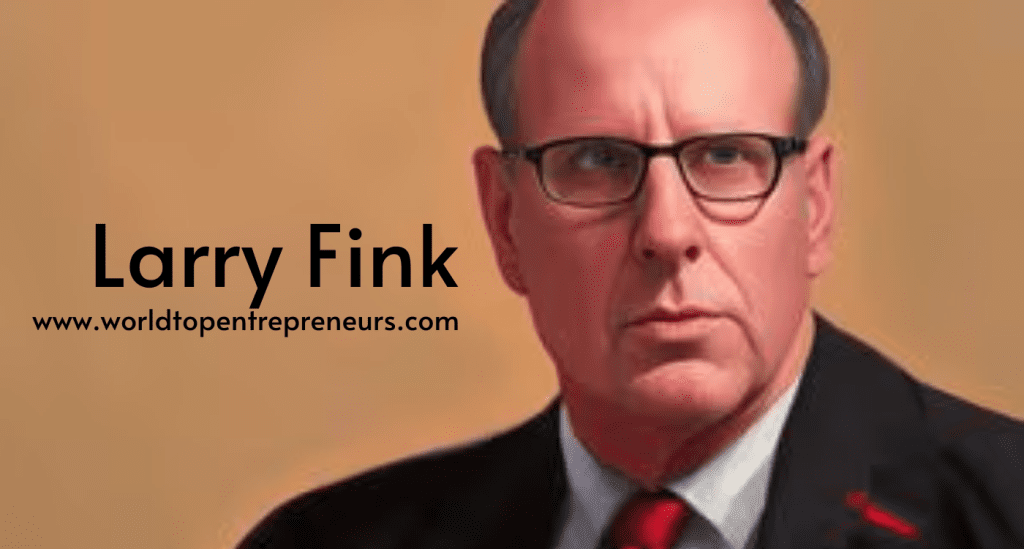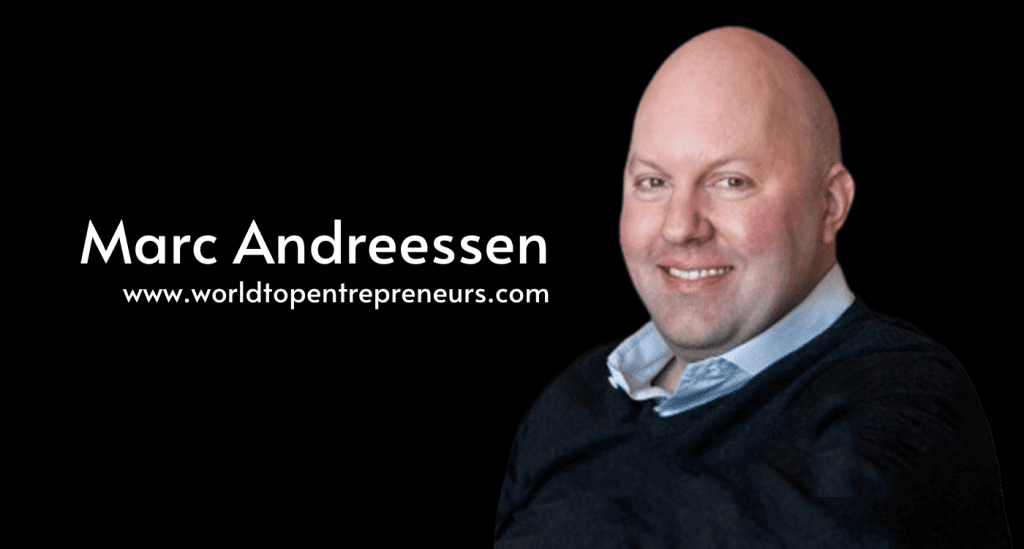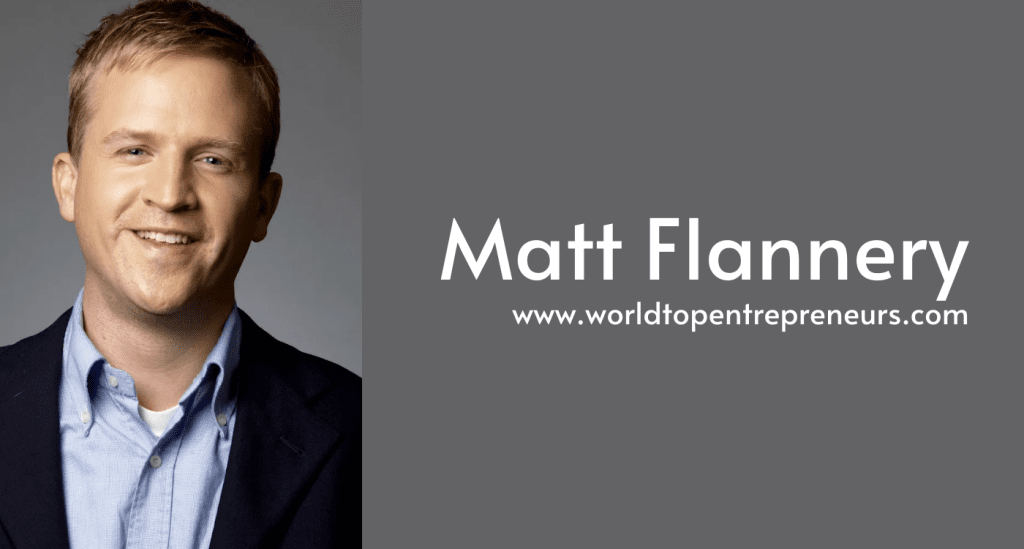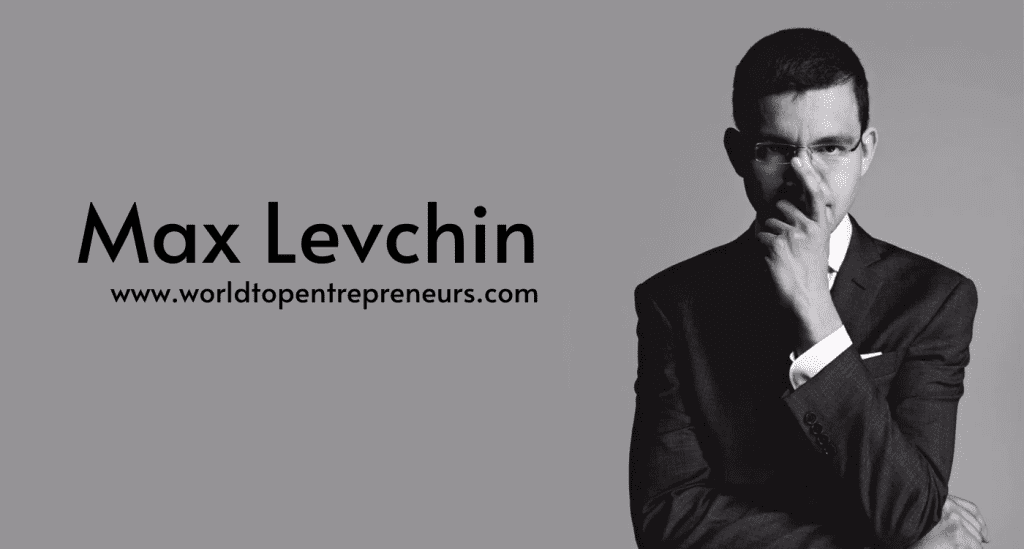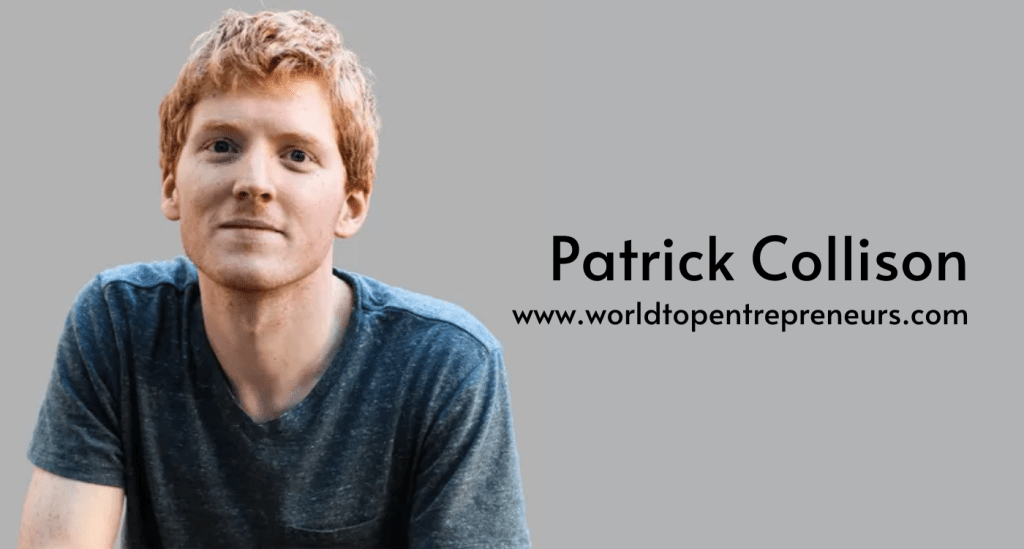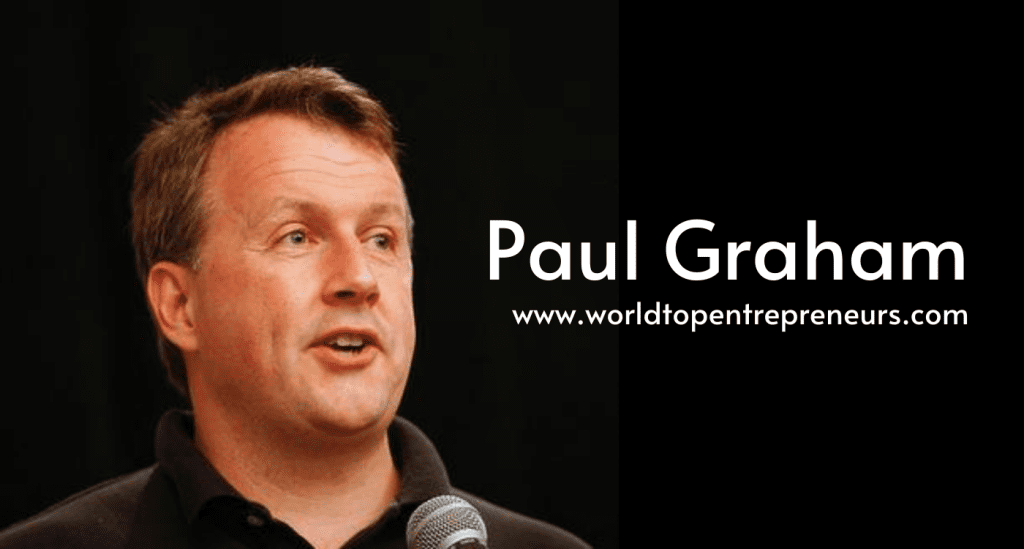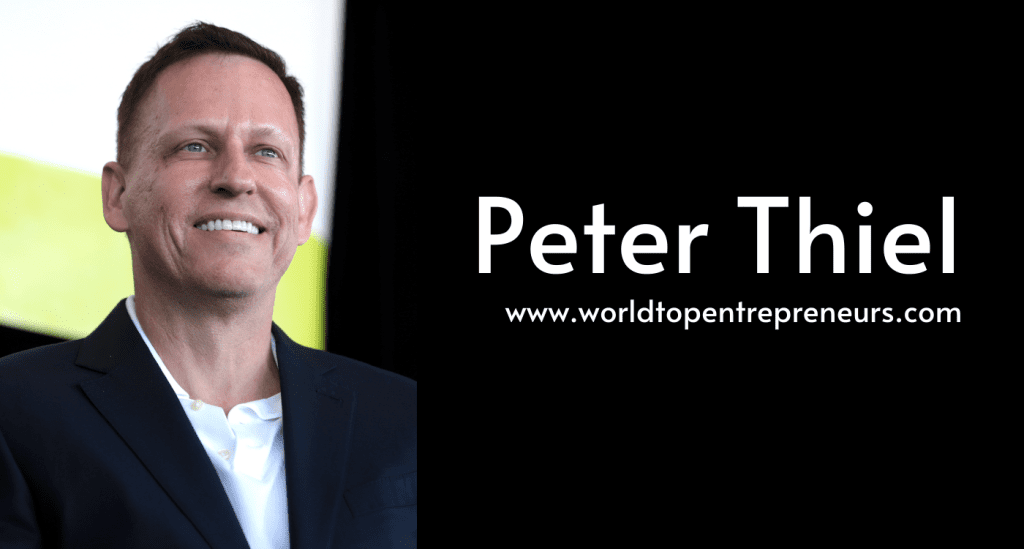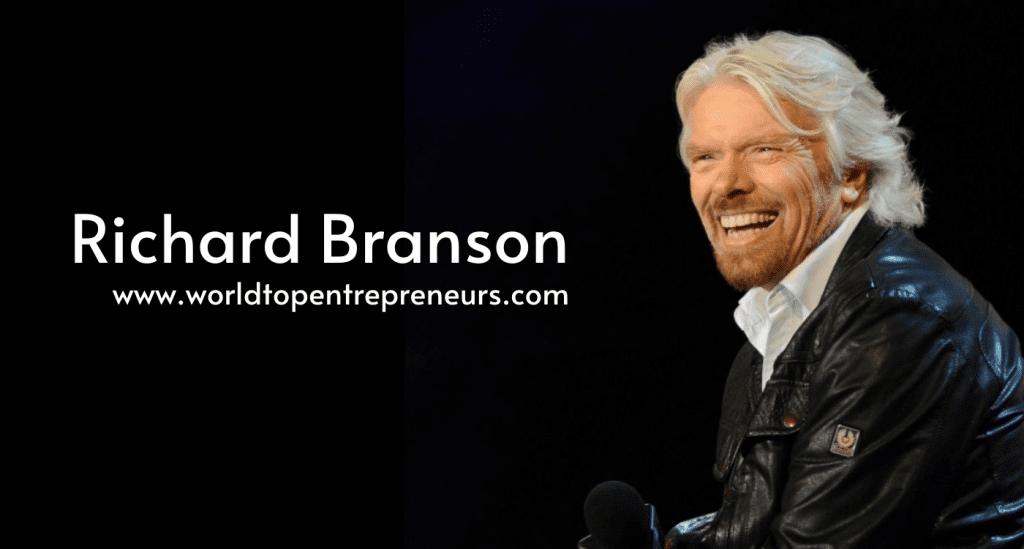Ray Dalio is a name synonymous with innovation in the world of finance and investing. As the founder of Bridgewater Associates, one of the world’s largest and most influential hedge funds, Dalio has redefined the landscape of investment management. His journey from a modest start to becoming a financial giant is a tale of vision, perseverance, and a unique approach to understanding the world.
Early Life and Formative Years
Raymond Dalio was born on August 8, 1949, in Jackson Heights, Queens, New York. His upbringing was marked by modest means, but his early experiences shaped his future success. Growing up in a working-class family, Dalio learned the value of hard work and resourcefulness. His father, a jazz musician, and his mother, a homemaker, instilled in him a sense of curiosity and a drive to excel.
Dalio’s first brush with finance came at a young age. As a teenager, he started investing in the stock market, using money he earned from odd jobs. His early experiences with investing sparked a lifelong passion and set the stage for his future endeavors. He attended Long Island University, where he earned a degree in Finance. After college, he went on to Harvard Business School, but his most significant lessons came not from textbooks but from real-world experience.
The Birth of Bridgewater Associates
In 1975, Dalio founded Bridgewater Associates out of his apartment in New York City. The firm’s early days were humble, with Dalio operating out of a small office and relying on his own savings to fund the business. However, his innovative approach to investing and his keen understanding of market dynamics quickly set him apart from his peers.
Dalio’s approach to investing was revolutionary. He believed in a data-driven methodology that combined rigorous analysis with an understanding of macroeconomic trends. He also championed the idea of “radical transparency,” a concept that would later become a cornerstone of Bridgewater’s corporate culture. This principle advocated for open and honest communication, encouraging employees to challenge each other’s ideas and foster a culture of continuous improvement.
Bridgewater’s breakthrough came in the early 1980s when Dalio introduced the “Pure Alpha” strategy. This strategy focused on generating returns through non-traditional investments and risk management, rather than relying solely on market movements. The success of this approach established Bridgewater as a leading hedge fund and earned Dalio a reputation as a visionary in the field.
Radical Transparency and Corporate Culture
One of Dalio’s most significant contributions to business management is the concept of “radical transparency.” At Bridgewater, this principle is not just a management style but a fundamental part of the firm’s culture. Radical transparency encourages open communication, where employees at all levels are encouraged to speak their minds and provide honest feedback.
Dalio believes that by fostering a culture of transparency, organizations can identify and address problems more effectively. This approach is grounded in the idea that the best decisions are made when all relevant information is available and when diverse perspectives are considered. At Bridgewater, this means that meetings are often recorded, and employees are encouraged to provide candid feedback, regardless of their position within the company.
While radical transparency has been instrumental in Bridgewater’s success, it has also been met with some criticism. Critics argue that it can create a high-pressure environment where employees feel compelled to constantly defend their ideas. However, Dalio maintains that the benefits of open communication and continuous improvement outweigh the challenges.
Investment Philosophy and Strategies
Dalio’s investment philosophy is built on the principle of understanding and anticipating macroeconomic trends. He believes that by analyzing economic cycles and understanding the underlying drivers of market movements, investors can make more informed decisions. This approach is encapsulated in his concept of “principles,” which he has outlined in his book, Principles: Life and Work.
In Principles, Dalio shares the principles that have guided his investment strategy and personal life. These principles include ideas such as “embrace reality and deal with it,” “make decisions as an independent thinker,” and “believe in radical open-mindedness.” Dalio argues that by adhering to these principles, individuals and organizations can achieve their goals and navigate the complexities of the modern world.
One of Dalio’s key insights is the concept of “economic machines,” which he describes as the processes and systems that drive economic activity. According to Dalio, understanding these machines and how they interact is essential for making informed investment decisions. He uses a systematic approach to analyze economic data and identify trends, which allows him to develop strategies that can capitalize on market inefficiencies.
The Global Macro Environment
Dalio’s expertise extends beyond traditional investment strategies to include a deep understanding of the global macroeconomic environment. He has been a vocal advocate for analyzing and anticipating global economic trends, including the impact of geopolitical events, monetary policy, and technological advancements.
Dalio’s analysis of economic cycles, particularly his study of long-term debt cycles, has been influential in understanding the dynamics of global markets. He argues that these cycles, which span several decades, play a crucial role in shaping economic conditions and financial markets. By studying these cycles, Dalio aims to anticipate shifts in the economic landscape and adjust his investment strategies accordingly.
Challenges and Controversies
Despite his success, Ray Dalio and Bridgewater Associates have faced their share of challenges and controversies. One of the most notable controversies involves the firm’s culture of radical transparency. While this approach has been praised for its focus on open communication and continuous improvement, it has also faced criticism for creating a high-pressure work environment.
In recent years, Bridgewater has faced scrutiny over allegations of a toxic workplace culture. Critics have argued that the emphasis on radical transparency can lead to a competitive and confrontational atmosphere. Dalio has addressed these concerns by emphasizing the importance of maintaining a balance between transparency and employee well-being. He has acknowledged that the firm’s culture is not without its challenges but has defended the principles that have guided its success.
Another challenge for Dalio has been navigating the complex and often unpredictable nature of global financial markets. The investment landscape is constantly evolving, and Dalio has had to adapt his strategies to address new risks and opportunities. Despite these challenges, Dalio’s ability to anticipate and respond to market shifts has been a key factor in Bridgewater’s continued success.
Philanthropy and Social Impact
In addition to his achievements in finance, Ray Dalio is also known for his philanthropic efforts and commitment to social impact. Through the Dalio Foundation, he has supported a range of initiatives focused on education, economic development, and environmental sustainability.
One of the foundation’s notable initiatives is its support for educational programs aimed at improving access to quality education. Dalio has emphasized the importance of education as a driver of economic opportunity and social mobility. The foundation has funded projects that seek to enhance educational outcomes for underserved communities and promote innovation in teaching and learning.
Dalio has also been active in promoting economic development and addressing global challenges. The Dalio Foundation has supported projects focused on improving economic resilience and fostering entrepreneurship. Additionally, Dalio has been involved in initiatives aimed at addressing environmental issues, such as climate change and sustainability.
Legacy and Future
As Ray Dalio continues to influence the world of finance and investing, his legacy is defined by his innovative approach, commitment to principles, and dedication to making a positive impact. His work has not only shaped the landscape of investment management but has also contributed to broader discussions about corporate culture, transparency, and social responsibility.
Dalio’s vision for the future extends beyond financial success. He is committed to using his platform and resources to address global challenges and promote positive change. Whether through his investment strategies, philanthropic efforts, or public advocacy, Dalio remains focused on creating a better world.
In conclusion, Ray Dalio’s journey from a small office in New York to becoming a leading figure in finance is a testament to his vision, dedication, and innovative approach. His contributions to investment management, corporate culture, and philanthropy have left an indelible mark on the world. As he continues to navigate the complexities of the modern world, Dalio’s legacy will undoubtedly inspire future generations of investors, leaders, and change-makers.

